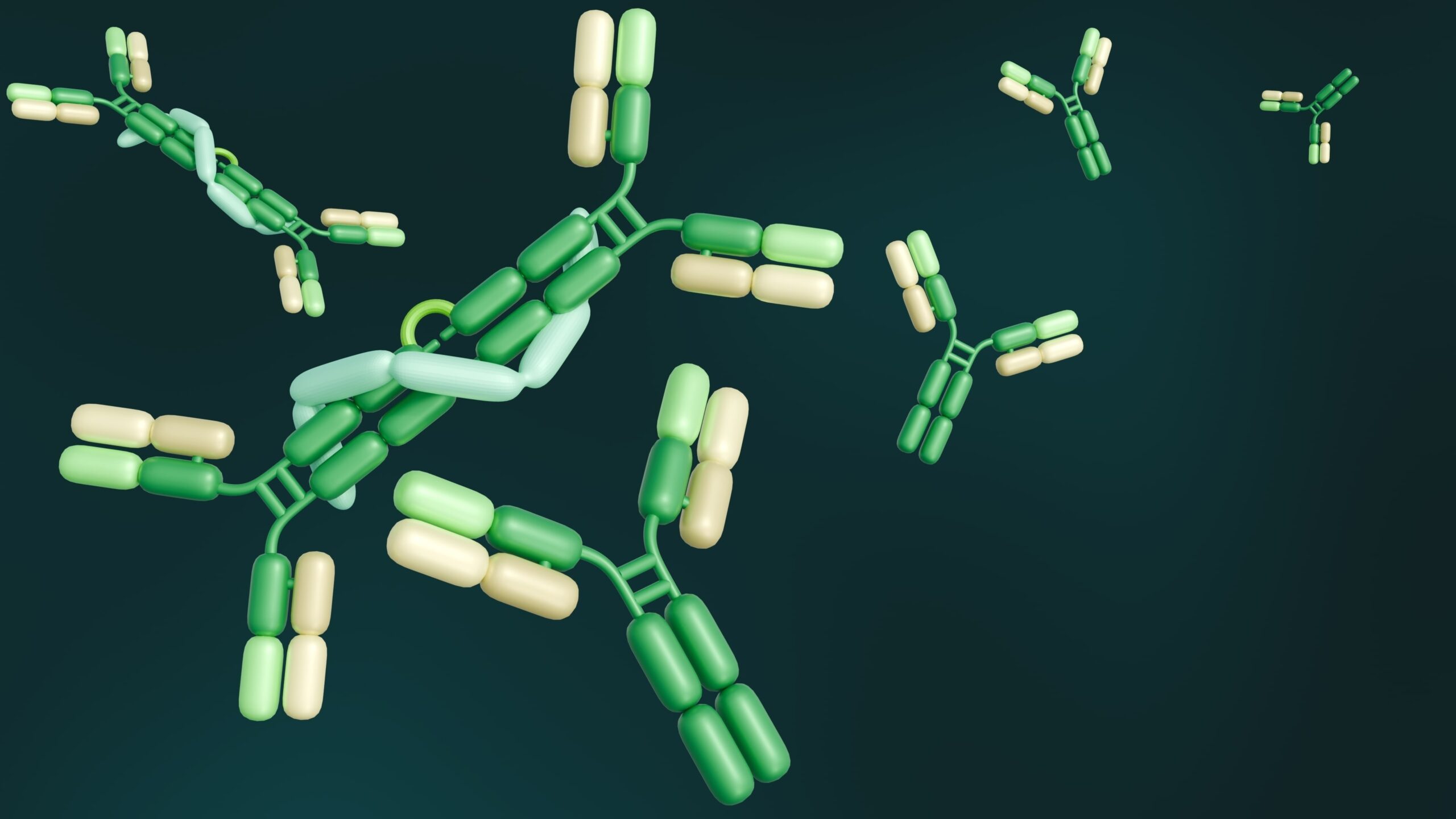
Teclistamab, the first approved BCMA×CD3 bispecific antibody (BsAb) with weight-based dosing for the treatment of patients with triple-class exposed (TCE) relapsed or refractory multiple myeloma (MM), continues to yield robust responses, according to a study presented at the Society of Hematologic Oncology 2024 Annual Meeting.
Researchers analyzed the efficacy of teclistamab at the recommended phase II dose (RP2D; 1.5 mg/kg subcutaneously once a week) in 165 patients. The primary end points of interest were minimal residual disease, progression-free survival, overall survival, and adverse events (AEs).
The results showed that the overall response rate (ORR) was 63%, with responses that continued to deepen. The researchers noted that of the 38 patients who remained on treatment, 37 switched to less frequent dosing, all of whom maintained responses. The researchers further noted that hematologic AEs (any grade/grade 3 or 4) included neutropenia (72%/65%), anemia (55%/38%), thrombocytopenia (42%/23%), and lymphopenia (36%/35%). The onset of new grade ≥3 infections generally decreased over time, which aligned approximately with the median time of switch to dosing every other week.
“With the longest follow-up of any BsAb in MM, teclistamab continues to demonstrate deep and durable responses, including in patients who switch to less frequent dosing. The teclistamab safety profile remains consistent with that of BCMA-targeted bispecific therapies, with a notable decrease in new onset of severe infections with time,” the researchers concluded.
Reference
Garfall A, Nooka A, van de Donk N, et al. Long-term follow-up from the phase 1/2 MajesTEC-1 trial of teclistamab in patients with relapsed/refractory multiple myeloma (RRMM). Abstract #MM-336. Presented at the Society of Hematologic Oncology 2024 Annual Meeting; September 4-7, 2024; Houston, Texas.

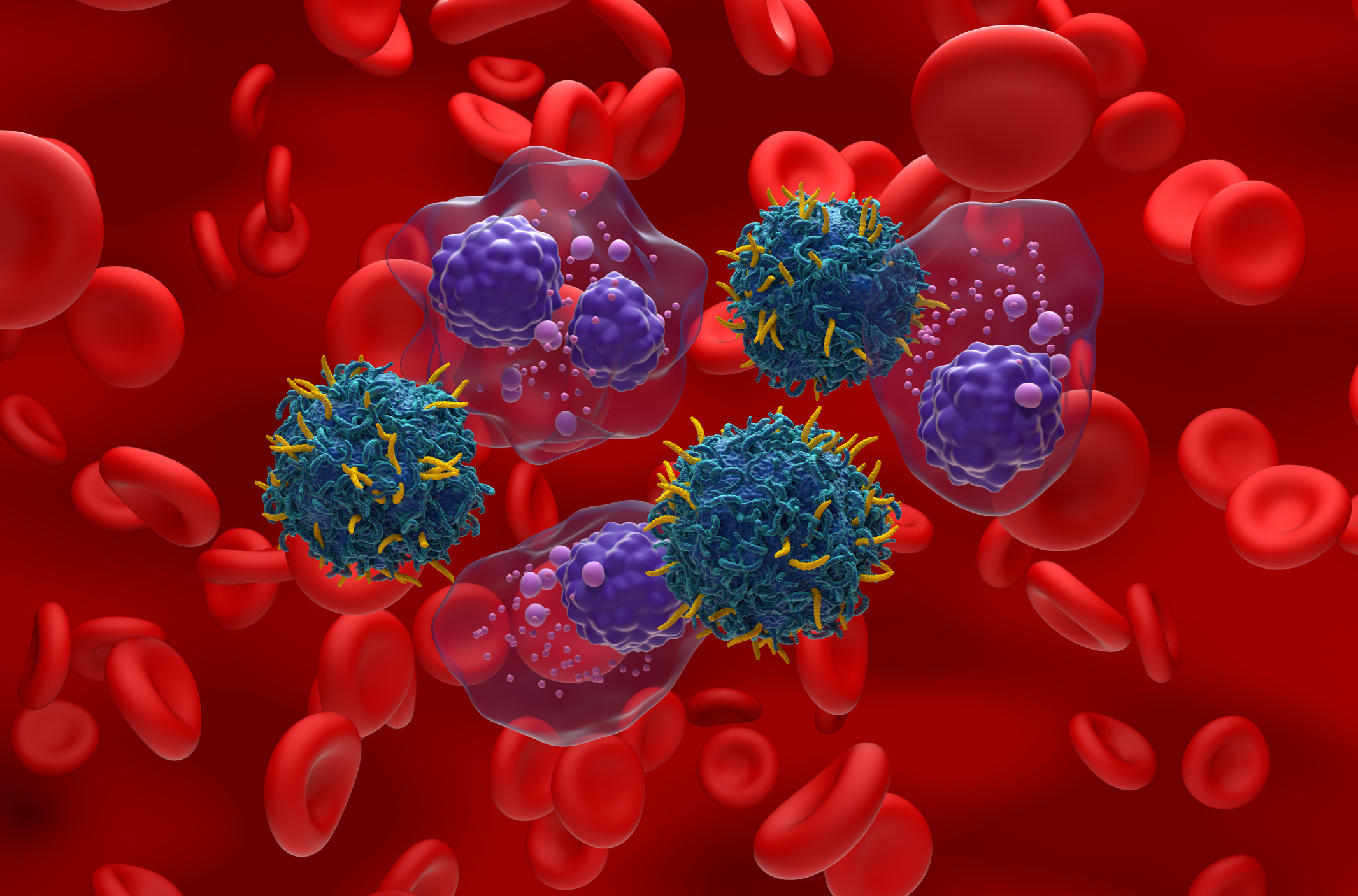
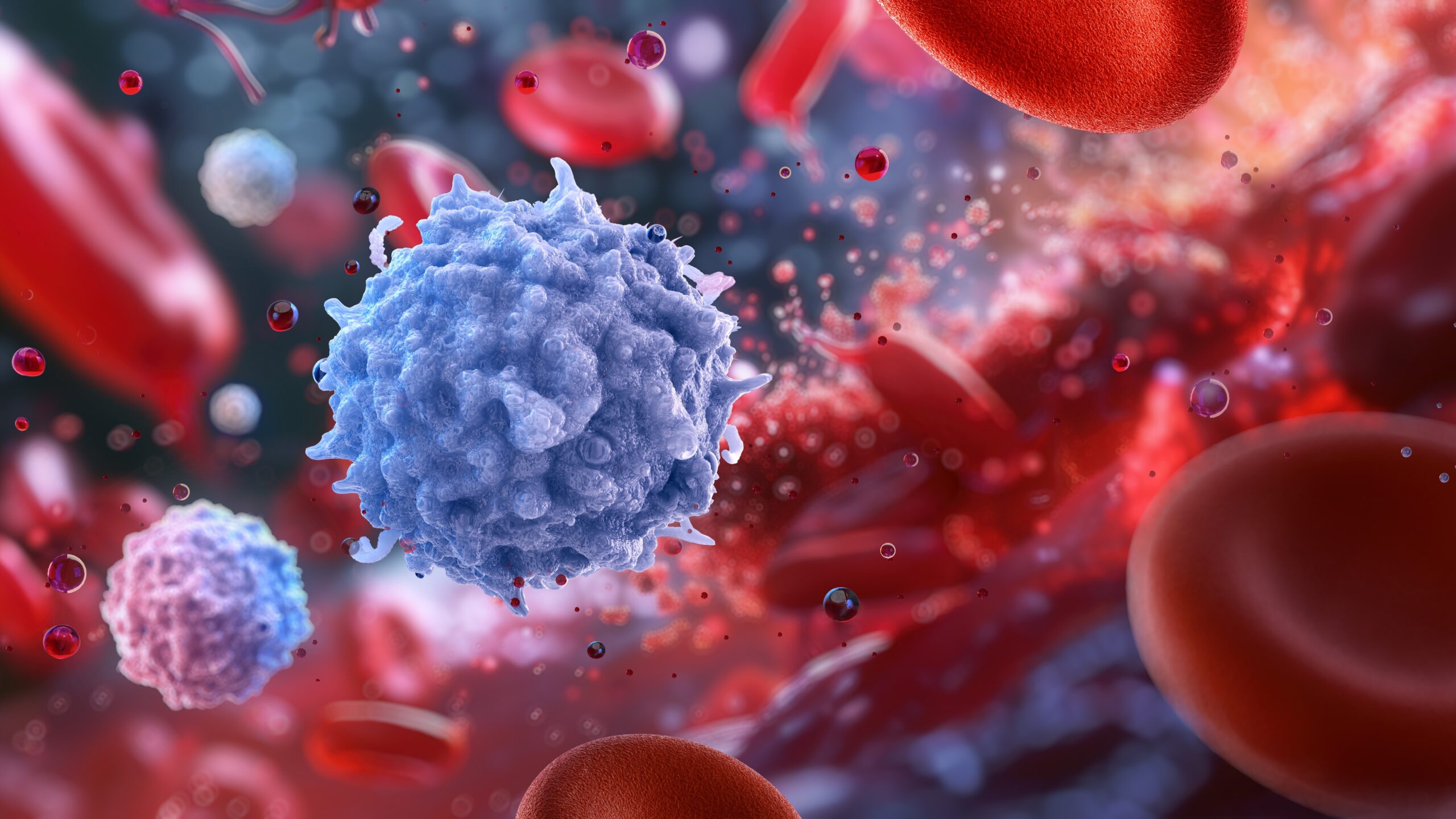
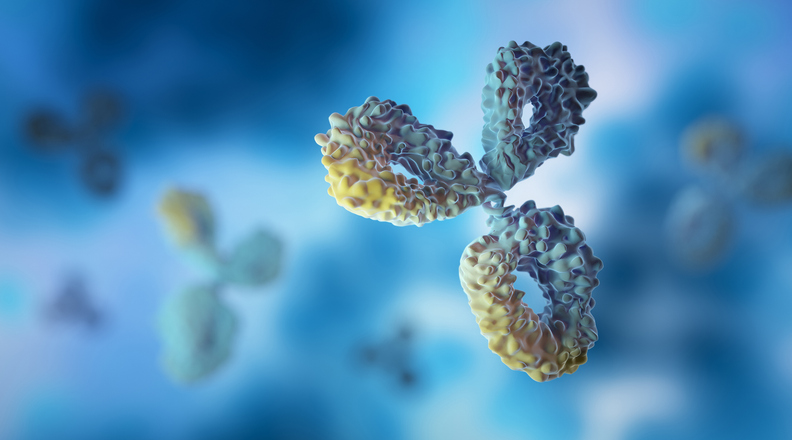

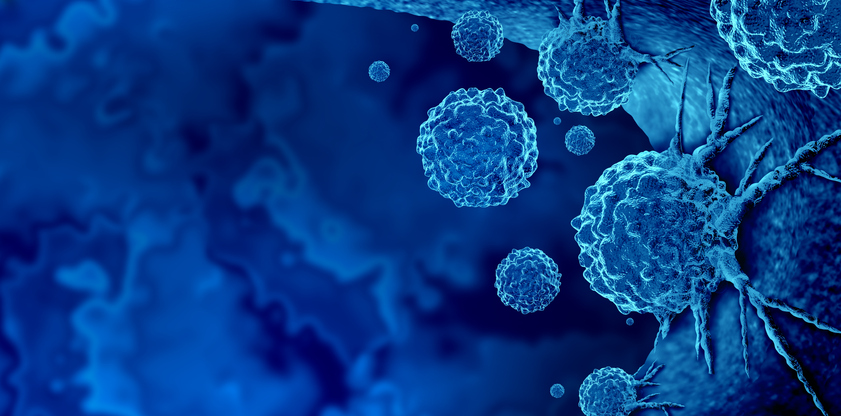
 © 2025 Mashup Media, LLC, a Formedics Property. All Rights Reserved.
© 2025 Mashup Media, LLC, a Formedics Property. All Rights Reserved.